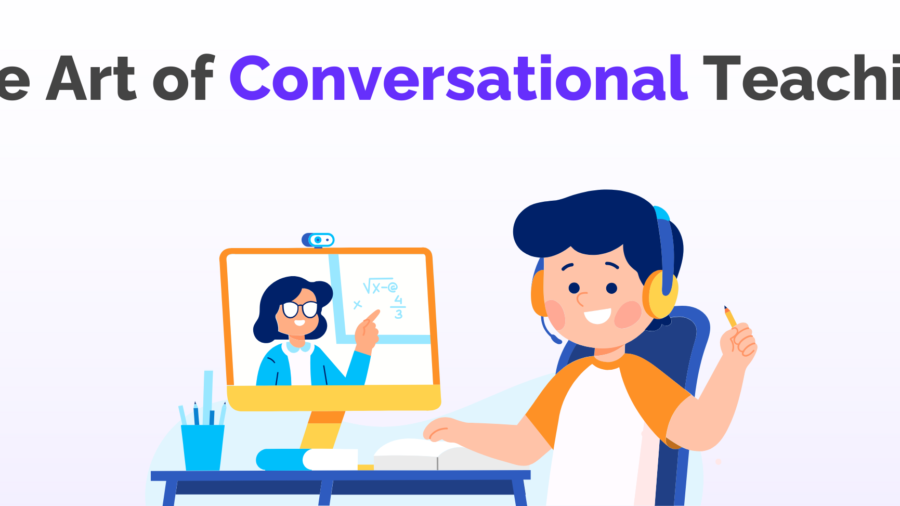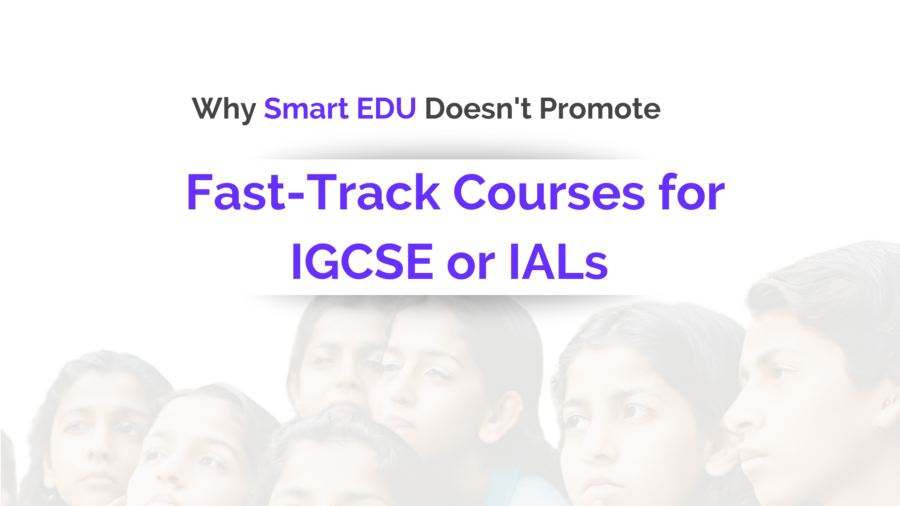In a world that is rapidly evolving with intellectual, technological, and cultural advancements, the pursuit of education has transformed from a privilege into a necessity.
Navigating Bullying: A Practical Guide for Parents and Students
“I’ve noticed you’ve been a little quieter than usual lately. Is something bothering you, Ama?”
Ama looked away at her mother’s question and the deafening silence deepened. On a bit more prodding Ama responded,
“There’s this group of kids. They keep teasing me and saying mean things. It’s hard to ignore them.”
“That sounds really tough. I’m so sorry you’re going through this. You know, when I was your age, I had a similar experience. It felt awful, but talking about it helped. Let’s figure this out together, okay?” her mum continued.
In absolute shock Ama said, “You went through it too? Did it get better?”
“Yes, it did, but it wasn’t easy. With some support and a plan, things started to change. The first step is understanding that bullying is never your fault. No one deserves to feel hurt or left out. The next step is deciding how we can respond. Would you like to talk to your teacher, or maybe we can practice ways to stand up for yourself?”
“I think I’d like you to talk to the teacher. And maybe some tips on how to deal with it when it happens.”
A slight smile broke out on Ama’s face. It had been a while since she felt light.
“That’s a great idea. We can work on that together. And remember, you don’t have to face this alone. Whether it’s me, a teacher, or another adult you trust, we’re here to support you,” her mum continued.
“Thanks, amma, it feels better just talking about it.”
“I’m glad you shared this with me, Ama, being bullied can be hard, but we’ll figure it out together. You’re stronger than you think, and you’re never alone in this.”

This kind of open and empathetic dialogue can make a big difference. By acknowledging the problem, offering support, and working as a team, parents and children can navigate bullying with resilience and understanding.
Typical telltale signs of bullying you need to watch out for
While a million to-do lists run through your mind, and another couple remain pinned on your fridge, your role as a parent doesn’t only entail fulfilling those lists.
Being aware of your child’s moods and noticing any conspicuous changes is a game changer, because like the adage goes ‘nip it in the bud’, most situations nipped in the bud eventually turn out fine.

The following signs are just a few you should be concerned about:
- Sudden changes in mood, behavior, or appetite.
- Avoidance of school or activities they once enjoyed.
- Unexplained physical marks or missing belongings.
- Complaints about headaches or stomach aches with no clear cause.
- Difficulty sleeping or nightmares.
These are early signs you will notice and gently probing will help you get to the bottom of it.
Communication is key; initiate judgement free conversations
In our part of the world, where the adult’s word is law, children are often afraid and stifled. Their thoughts aren’t considered and their voices aren’t heard. In this backdrop we offer you a few pointers on how to initiate and pursue healthy conversations with your kids.
- Create a judgment-free space where your child feels safe to express their thoughts.
- Share your own stories of challenges to show empathy and relatability.
- Use open-ended questions like, “How was your day? Did anything unexpected happen?”
- Reinforce that talking about problems doesn’t mean they’re weak—it means they’re strong and proactive.

Empower your child to stand up for themselves
Self-defense, physical or verbal is not wrong!
You need to teach your child that!
Teach your children the following strategies to keep themselves and others around safe from bullies.
- Assertive Responses: Practice standing tall, making eye contact, and using a firm voice.
- Seeking Support: Encourage them to approach a trusted adult (teacher, coach, counselor) when needed.
- Building Friendships: Help them strengthen relationships with peers who can provide a sense of belonging and support.
- Self-Care: Encourage activities that boost self-esteem, like sports, art, or hobbies they enjoy.
Support at every level of society breaks the cruel cycle of bullying.
Victims are empowered and the accused are rehabilitated.
At Home: Maintain open dialogue, model kindness and respect, and encourage self-expression.
At School: Collaborate with teachers, school counselors, and administrators to address the issue. Advocate for anti-bullying policies if needed.
Community Involvement: Encourage participation in community groups, sports, or clubs where your child can build positive connections.
No one should be left in the lurch. That’s what a positive mindset does. A community where every person is recognized, valued and respected will not face problems like bullying as much as a community where individuals feel marginalized, disrespected and undervalued.

The positive reinforcement begins at home, schools and staff within have a bounded duty to carry it forward and the eventuality will be an overall feeling of satisfaction and contentment.
A happy and contented child will never bully another.
Let’s join hands to end this cycle!
Does Your Child Require Extra Academic Support?
One bad grade doesn’t mean it’s the end of the road; but repeated low grades point to a bigger problem.
Do children really have to go to school?
It’s that time of the year! National school applications for grade 1 admission are out. A while later International and private school applications are out.
Raising Resilient Teens: Breaking Stigmas and Supporting Mental Health
Parenting in the modern generation has taken on a whole new approach. Parents themselves realize the techniques their parents used to raise them
The Ultimate IGCSE Prep Guide for Private Candidates:
Preparing and applying for IGCSE (International General Certificate of Secondary Education) exams requires a strategic approach,
Balancing extracurricular activities with academics
Tips for parents to help their children maintain a healthy balance between schoolwork and other activities, with support from tutoring
Smart EDU’s First-Ever Physical Gathering Commences with Avurudu JOYFEST
We’re thrilled to share an exciting milestone in our journey towards educational excellence at Smart EDU. This historic occasion marks our first-ever physical gathering, where we, as an online tutoring platform,
Interactive Learning Redefined: The Art of Conversational Teaching
At Smart EDU, we believe that the key to successful online classes lies in creating engaging and interactive learning environments.
Why Smart EDU Doesn’t Promote Fast-Track Courses for IGCSE or IALs
At Smart EDU, we have a fundamental belief about learning—it shouldn’t be rushed. We firmly believe that education should progress at a child’s own pace, allowing them to absorb knowledge meaningfully.
ICT vs Computer Science: Which Subject Should You Choose for IGCSE?
ICT and Computer Science are two closely related subjects that can be confusing for students and parents to choose between. Both subjects involve the use of computers and technology, but they have










